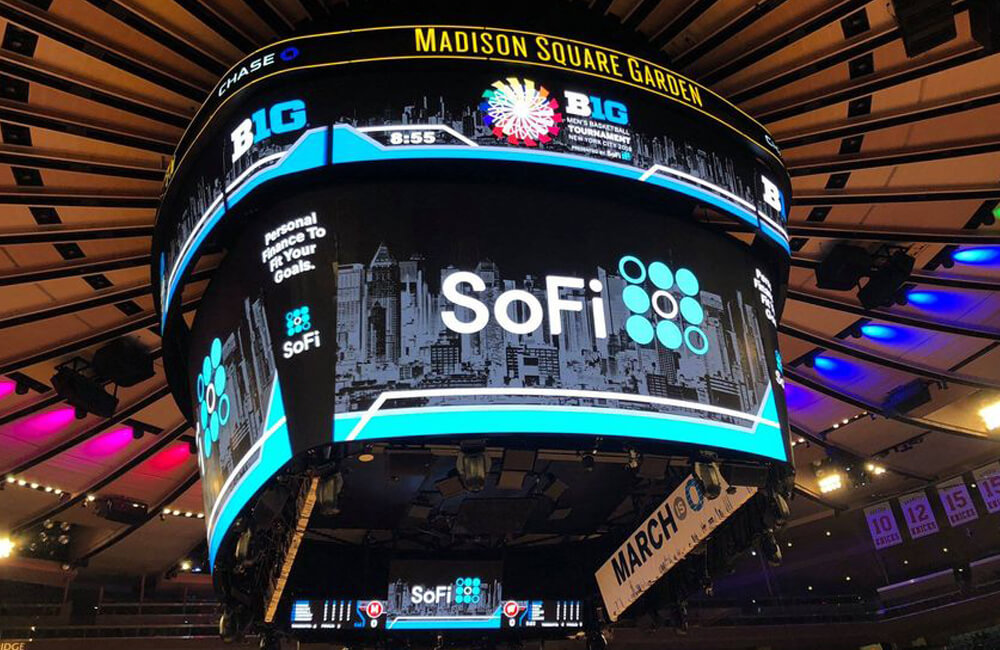67. Epic Games Inc
Headquarters: Cary, NC
Bought By: Tencent
Headquarters: Shenzhen
Back in 1991, Tim Sweeney probably didn’t realize that the small company founded in his parent’s basement would ever amount to much. Fast forward 30 years and Epic Games has been behind some of the most successful games in the world, including Fortnite.

Sweeney and his company made a deal with Tencent in 2012 to work on a new model. Tencent were happy to help, but it came at a cost – 48% of the company. They paid $330 million for the stake, but Sweeney insists that when it comes to creative control, Epic still holds the majority share.




